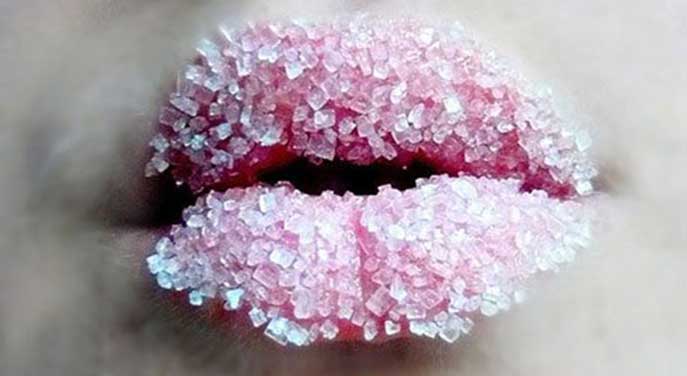 What’s all about sweets, sours your wallet and leaves a bitter taste?
What’s all about sweets, sours your wallet and leaves a bitter taste?
It’s Premier Andrew Furey’s proposal for a new Pepsi tax.
This tax will increase the price of soft drinks by 20 cents a litre.
By this time next year, you’ll be paying 15 percent more for a two-litre bottle of Pepsi at Dominion. If you’re more of a saver and go with the store brand, you’ll be faced with a 40 percent increase.
Newfoundlanders and Labradorians’ pay a total of $8.7 million when the tax kicks in next year, according to government estimates.
It gets worse. This sugar tax is included within the price. This means the HST is charged on the total price, including the tax. It’s a tax on a tax. A simple calculation would peg this at an extra $1.3-million bill for taxpayers.
According to Furey though, digging deeper into your family’s pockets is justified because this tax will make you healthier.
The problem is that this claim doesn’t hold up to previous experiments.
Mexico tried to fight its obesity problem with a similar tax in 2014. When it was introduced, Mexico’s mean body mass index – a key measure of body fat – was 27.4 for men and 28.4 for women. This is well within what’s defined as overweight.
By 2016, the body mass index had risen to 27.6 for men and 28.6 for women, instead of falling as was projected.
But there is one place where the tax caused noticeable weight loss: taxpayers’ wallets. According to the Mexican government, sugar taxes will cost local taxpayers $1.8 billion this year.
And Mexico is not alone in this. Experiments with sin taxes on food in Hungary, France and Denmark have yielded no reductions in body mass, and rising costs for taxpayers.
That’s because such taxes don’t address the fact that people have a sweet tooth. Without addressing this, people simply turn to other alternatives to assuage their cravings for sweet things.
It can mean switching from their preferred brands to cheaper alternatives, like switching from Pepsi to Cott Cola. It can also mean switching from sugary drinks to other caloric products, like replacing a bottle of pop with a chocolate bar.
But here’s the good news: even without a Pepsi tax, soft drink consumption has been going down steadily in Canada.
“The decrease in soft drink availability was also likely due to consumers choosing drinks that contain less sugar,” states Statistics Canada. In fact, it’s gone down a lot. In 2000, there were 113 litres of pop per person available on store shelves and in restaurants across the country. Now that number sits at 52 litres per person. That’s a 53 percent drop.
What this means is that, as a result of people choosing to drink other things than pop, the industry has adjusted and is producing less.
If anything, it is a clear example of the success of public-health campaigns in getting people to adopt healthier lifestyles.
And those, unlike the Pepsi tax, won’t take an extra penny out of your family’s pockets.
Renaud Brossard is the Interim Atlantic Director for the Canadian Taxpayers Federation.
Renaud is one of our contributors. For interview requests, click here.
The views, opinions and positions expressed by columnists and contributors are the authors’ alone. They do not inherently or expressly reflect the views, opinions and/or positions of our publication.
© Troy Media
Troy Media is an editorial content provider to media outlets and its own hosted community news outlets across Canada.



